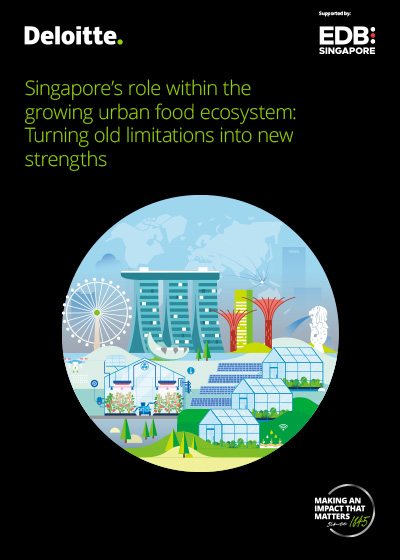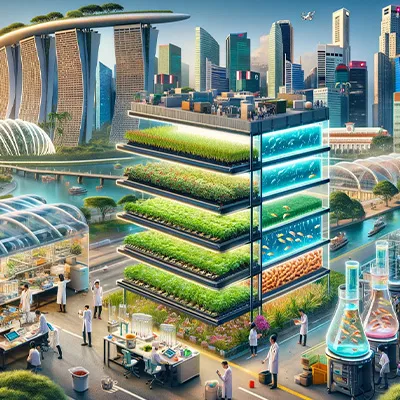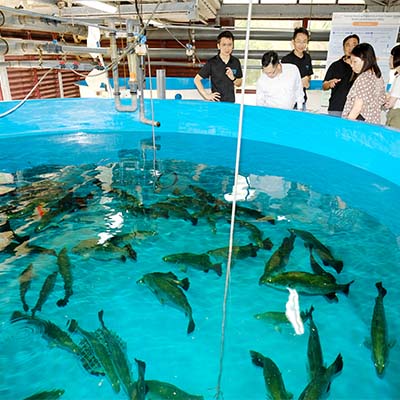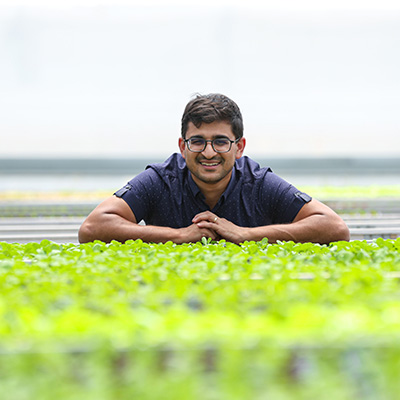A new research programme looking to use innovative methods, such as 3D printing, to produce alternative proteins was launched on Thursday (April 28).
The programme will explore sustainable methods of extracting proteins from a variety of sources, including converting waste from aquaculture, such as prawn shells and excess fish feed.
This comes as Singapore looks to produce 30 per cent of its nutritional needs locally by 2030 in a bid to reduce reliance on food imports in the event of supply disruptions. Alternative proteins such as plant-based and cultured meat could also contribute to this goal.
The five-year programme, known as Proteins4Singapore, will be led by Tumcreate, the Technical University of Munich's (TUM) multidisciplinary research platform which is located in Singapore.
The programme will also tap expertise in material science, process engineering and food chemistry from TUM, Nanyang Technological University, Singapore Institute of Technology and the Agency for Science, Technology and Research.
Professor Thomas Becker, who is chair of brewing and beverage technology at the TUM School of Life Sciences, told reporters on Thursday that the programme will consider the alternative proteins' taste, texture and nutritional qualities as these would be the key concerns for consumers.
The first phase of research will focus on creating proteins from soya beans and microalgae to obtain a suitable protein quality mix.
Soya beans and microalgae are known to be protein-rich products.
At the same time, the team will venture into other raw materials such as mung beans, and from waste streams, such as from indoor farms and aquaculture.
Food manufacturer Nestle is also exploring a collaboration with Proteins4Singapore to test out several raw materials, such as its spent barley grain from Milo production, for example.
These raw materials will then be integrated into innovative processing methods to create a new generation of proteins.








